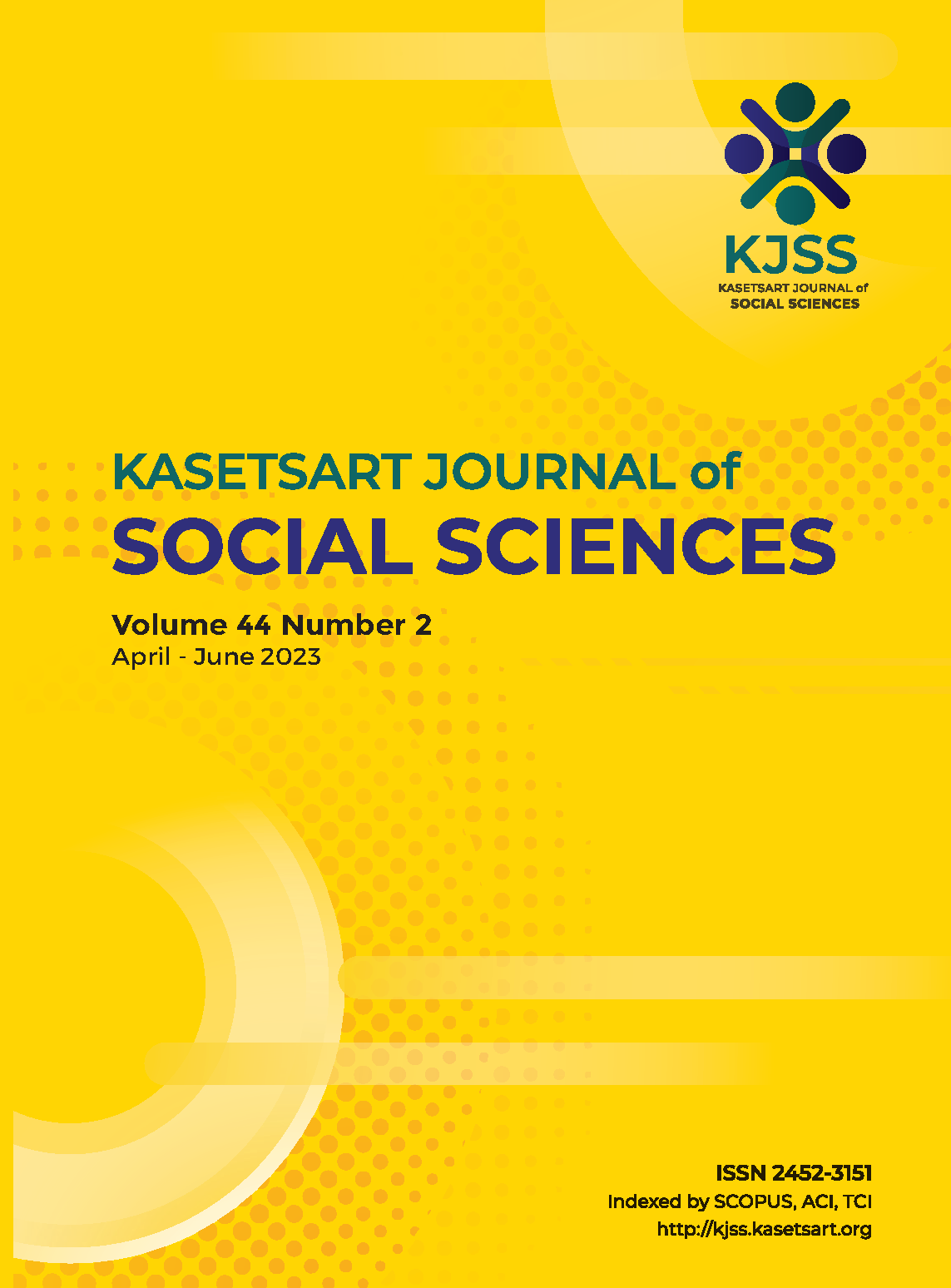Reference-dependent preferences and gasoline consumption in Thailand
Keywords:
asymmetry, gasoline consumption, hysteresis, loss aversion, reference dependenceAbstract
Reference-dependent preference is one of the fundamental concepts of the prospect theory that consumers are likely to be more sensitive when prices have increased relative to recent past prices (as a reference point) and less sensitive when prices have reduced. Some evidence over the last few decades suggests that behavior in a variety of settings is partly determined by a reference point. This study investigates this preference empirically by testing the presence of the reference-dependence preference in terms of asymmetry and hysteresis in retail gasoline consumption in Thailand using the price-income-decomposition method. The gasoline 95 data set, as an example, was tested to show evidence of the reference-dependent effect. Asymmetry refers to the differences in the demand responses of an increasing price or income from that of decreasing price or income. Hysteresis refers to the dependence of the impacts of increasing price or income on the previous maximum price or income. The results indicate that the demand responses to
gasoline 95 are more elastic when prices rise, especially when prices rise above the historic maximum, than when prices fall. These asymmetric responses can be explained by either vehicle technology fixation or reference-dependent preference. Therefore, if the effects of hysteresis and asymmetry are ignored in gasoline demand forecasts, the demand estimates for gasoline would be overestimated when the price rises and would then be underestimated when income rises above the historic maximum. While our findings are unable to represent the whole gasoline demand, this study serves as an illustration to further develop the demand forecasting model for the future.
Downloads
Published
How to Cite
Issue
Section
License

This work is licensed under a Creative Commons Attribution-NonCommercial-NoDerivatives 4.0 International License.
This is an open access article under the CC BY-NC-ND license http://creativecommons.org/licenses/by-nc-nd/4.0/










